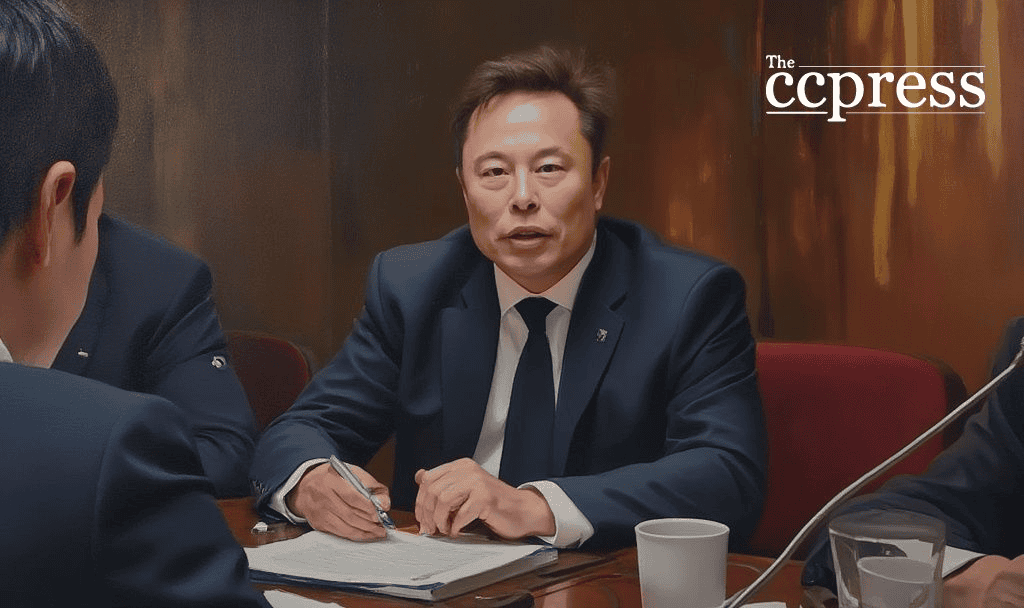- Elon Musk proposes a zero-tariff US-EU trade system.
- Potential economic benefits from reduced trade barriers.
- New tariffs from Trump increase trade tensions.

Elon Musk, during a video conference in Italy, proposed a zero-tariff system between the U.S. and Europe, advocating for a free trade zone. This proposal comes amid heightened trade tensions following new tariffs announced by President Trump.
Musk’s proposal aims to ease economic tensions and promote global trade efficiency. His comments emerge as a response to recent U.S. tariff policies affecting EU imports.
Elon Musk proposed creating a “zero-tariff” system during a video conference organized by Italy’s League Party. His vision targets reducing trade barriers and establishing a free trade zone. Elon Musk, a prominent business figure, sees this change as essential for financial growth.
President Trump’s announcement of a 20% tariff on EU imports contrasts Musk’s vision. Matteo Salvini, Italy’s Deputy Prime Minister, engaged with Musk, adding political weight to the discussion. Salvini supports right-wing populism but sees economic value in Musk’s proposal.
Immediate attention focused on the potential trade impacts, particularly in sensitive sectors like automotive and technology. Market volatility has increased, with concerns about disrupted supply chains impacting companies.
At the end of the day, I hope it’s agreed that both Europe and the US should move ideally, in my view, to a zero-tariff situation, effectively creating a free trade zone between Europe and North America.
Musk’s comments have wider financial implications, potentially benefiting industries engaged in transatlantic trade. The European market, while wary of U.S. policies, might see opportunities in Musk’s proposal.
Elon Musk emphasizes cross-border labor mobility, promoting economic collaboration. Historical trends suggest past US-EU trade tensions led to economic fluctuations. Despite this, Musk’s ideas could set new diplomatic and trade benchmarks.
